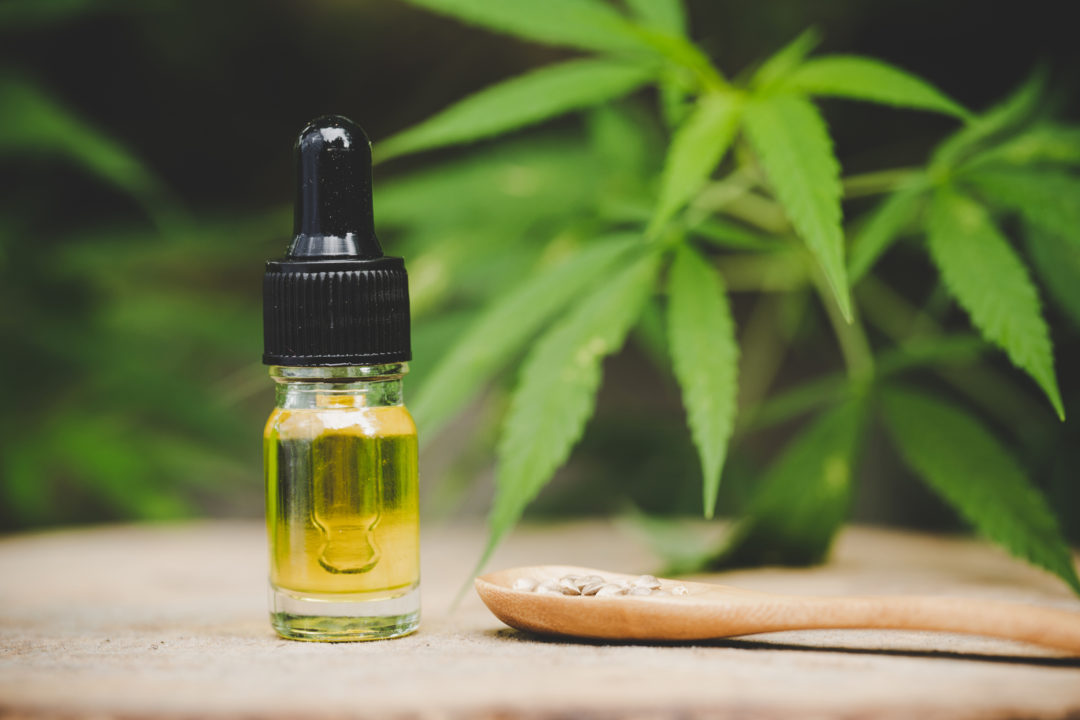APolitico articleexplains that all involved—hemp, cannabis, and dietary supplement industry members—have agreed on a proposal, now known as CA AB 45 (21R), which would allow CBD and other parts of the hemp plant to be included in food, beverages, and cosmetics, while prohibiting all forms of THC in hemp products. The proposal will establish fees to fund enforcement, and give state public health officials the authority to seize products that fail testing standards at any point in the supply chain. It will also create a database of licensed manufacturers, which law enforcement officials can use to check on products on shelves.
AB 45 will also require that hemp imports meet California standards, and will subject out-of-state facilities to CDPH inspections.
Politico quoted bill author Assembly Member Cecilia Aguiar-Curry (D-Winters): “The product is everywhere. You can walk into a World Market, a health food store, a pet store, and you'll see CBD there. There's no labeling, it doesn't tell you if it's safe. So, I want to make sure that people know what they're purchasing.”
However, this isn’t the end of the story. Politico reports that this fight has taken so long in part because the hemp and cannabis industries have disagreed on whether to allow inhalable hemp products, which the cannabis industry is against—and, therefore, Newsom, a cannabis ally, also sought to ban the products. The bill didn’t ban them outright, but put a freeze on them until the Legislature enacts a new tax on them; manufacturers will be able to export inhalable hemp to other states. Small hemp cultivators that primarily grow smokable hemp weren’t happy with the freeze. Politico quoted Chris Boucher, a HFG board member and longtime hemp grower: ““I think it's just disastrous, and they did it right at harvest time. You spend millions of dollars on equipment, greenhouses, processing equipment, labor, and you can't sell your crop in California. That was really just a punch in the face.”
And that’s not a small setback. Pointing to Statista, Politico reports that California accounted for $730 million in CBD sales in 2019, 2.5 times more than any other state. That’s good and bad. It means that hemp growers like Boucher, looking to sell smokable products, have lost access—if temporarily—to the biggest market in the country. But it also means that anyone looking to sell in California will have to shape up their entire supply chain, potentially making the industry safer country-wide.
Related: FDA Releases Consumer Update on Delta-8 THC Study Demonstrates Safety of CBD FDA Rejects 2 CBD NDINs
The U.S. Hemp Roundtable hasreleased a statementon the topic, writing: “The era of CBD prohibition in California is over… We are grateful to all of our Hemp Supporters who helped make this victory possible California. When we lift our voices, we win!”And the group is already looking to the future, stating: “Soon, the California Department of Public Health will promulgate emergency regulations to implement the program. Subsequently, legislation will be introduced in the 2022 legislative session to address open questions such as the tax regime on smokable hemp products. The U.S. Hemp Roundtable will be fully engaged throughout this process.”
The Consumer Healthcare Products Association also released a statement. "CHPA thanks Governor Newsom for signing AB 45 into law," saidCarlos Gutiérrez, Vice President of Government Affairs. "There is strong consumer and commercial interest in CBD and hemp-derived products, and we applaud California for its leadership in creating a regulatory pathway to meet consumer demand, all while protecting the public from potentially unsafe products. CHPA continues to advocate for legislation allowing CBD to become a legally marketed dietary supplement ingredient and will work with federal and state government leaders to develop a regulatory pathway.”









